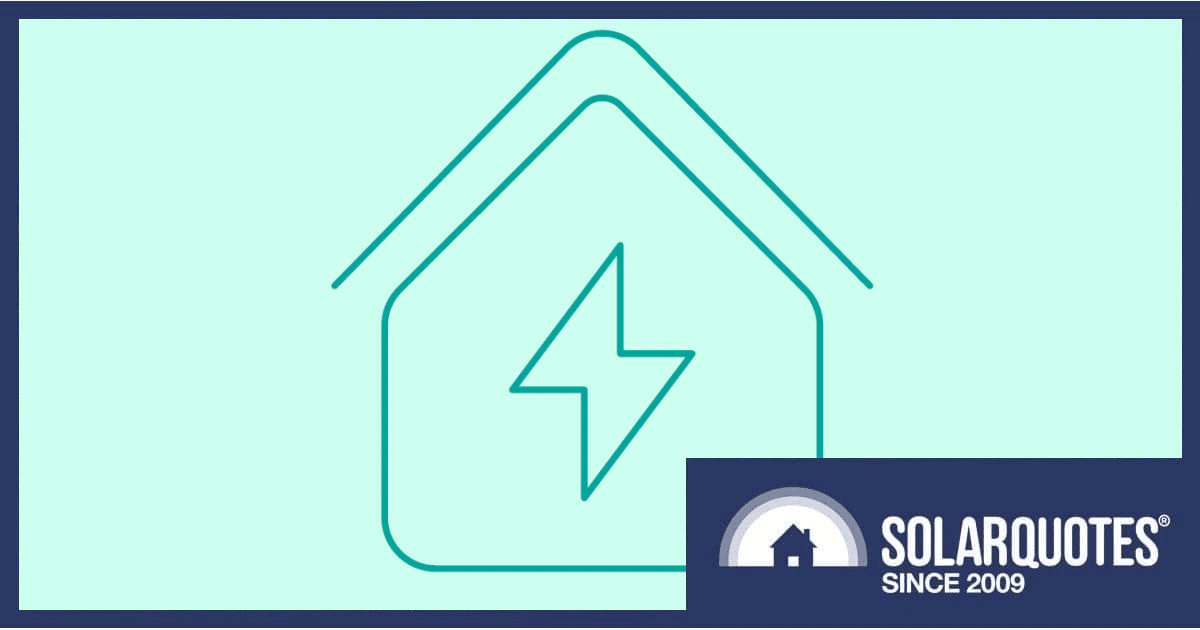
Consultation on the draft regulations for Victoria’s Building Electrification Regulatory Impact Statement has kicked off, and the state government wants to hear from Victorians on the different options presented.
Around two million homes and businesses in Victoria are connected to the state’s fossil gas network. Victoria’s fossil gas sector emissions contribute approximately 16% of the state’s total. This needs to be reduced to meet state targets, and to mitigate longer-term supply and affordability risks.
“Gas is part of our energy transition – but supply is dwindling and prices are going up,” said Victorian Minister for Energy and Resources Lily D’Ambrosio on Friday. “That’s why we are securing new supply and helping households and businesses switch to electric appliances, slashing their energy bills and reducing demand.”
Four Options Floated
While all new homes requiring a planning permit have to be built all-electric in Victoria these days, the consultation is looking at expanding this requirement through one of four options:
- *all* new residential and new commercial buildings.
- all new and existing residential/commercial buildings, excluding existing commercial kitchens.
- all new and existing residential buildings (excluding existing residential cooking) and all new commercial buildings. This is the government’s preferred option.
- all new and existing residential buildings.
Under the third and preferred option, existing residential gas hot water and heating must be switched to electric solutions after end-of-life, and all new residential and commercial buildings must be built all-electric. But it excludes existing residential cooking and existing commercial buildings, and there are some other exemptions.
If the only use for gas in a home is cooking, that gets rather pricey when you take into account supply charges (around $240 – $430 a year) on top of consumption, but some folks *really* like cooking with gas.
All-Electric Savings
The Victorian Government states a new all-electric detached home (without solar panels) will save its residents around $880 per year, with these savings jumping to approximately $1,820 per year with a solar power system installed.
“Similarly, converting an existing dual-fuel home without solar panels to mostly-electric (fossil gas for cooking only) can save around $1,340 a year on energy bills,” states the RIS summary. “If solar panels are installed, these savings will increase up to $1,650 per year, and if the gas cooktop is also replaced with an induction cooktop, then the savings can increase even more to $2,020.”
Electrification Subsidies
In order to save money through electrification, you of course need to first spend it. But there’s already some help available.
Aside from Victoria’s solar panel rebate and solar hot water incentive (which includes eligible heat pumps), subsidies exist for electrification efforts. Since 2009, the Victorian Energy Upgrades (VEU) program has been facilitating discounts for households and businesses on a wide range of energy-efficient products.
As an example, up to $2,800 (indicative) can be saved on the up-front cost of replacing a gas ducted heating system with a multi-split electric reverse-cycle system – and then there are significant ongoing savings on energy costs. And the indicative discount for replacing a gas hot water system with a hot water heat pump is $490. Assuming eligibility, added to that is the Solar Homes solar hot water rebate, which is up to $1,000.
The VEU discounts are based on Victorian energy efficiency certificates (VEECs), with each certificate representing one tonne of greenhouse gas emissions reduction. The value of VEECs fluctuates with market conditions. To date, the VEU has assisted more than 2 million households in upgrading appliances.
Getting Involved In The Consultation
You can read more about the consultation, including drafts and summaries of the building electrification regulatory impact statements here.
There are two options for providing feedback:
The consultation closes on 28 February 2025, with submissions to be reviewed from early to mid-next year. It’s envisioned (but this may change) that final regulations will be made mid- to late-2025, with the regulations coming into force sometime in 2026 to ensure industry has sufficient time to prepare.

 RSS - Posts
RSS - Posts



Love to see resistive hot water included in the rebates as well as heat pumps
Hi Peter,
Unless you have a massive solar PV system to power it, and a punitive export limit, resistive hot water isn’t very efficient. Although the simplicity is beguiling I know.
Heat pumps can gather 3 or 4 times the heat input from the environment as they use electrically to capture that energy.
Yes I know but I’ve got a green catch set on solar only so the sec company actually owes me 350$!!
Also they cost half as much half as many repairs last twice as long as a heat pump and not noisy!!
I’m extremely happy with my resistive
Hi Peter,
They’re all pretty valid points, I’m glad you’re across it.
If you have excess solar and a punitive export limit then it’s a good argument for simplicity.
While I personally don’t want gas, I can definitely see some of the benefits to it – it works when the grid goes down, provides better cooking etc. It’s also very popular in my area. Giving people the choice seems like the best option.
Hi George,
Fact is all electric houses are cheaper, cleaner & safer but corporate marketing has trained the monkeys so well, “cooking with gas” has become a byword for good going, but we should all be angry that we’ve been sold a horrible lie.
Gas is garbage, sadly. Neither cheap nor clean, so the gas industry is madly advertising with food; to try and make an emotional connection, despite cooking only being 2% of gas use.
‘A child living with gas cooking in the home faces a comparable risk of asthma to a child living with household cigarette smoke,’ report author Dr Kate Charlesworth said.
https://www1.racgp.org.au/newsgp/clinical/household-gas-a-major-contributor-to-childhood-ast
https://slate.com/technology/2020/12/gas-stoves-hazardous-asthma.html